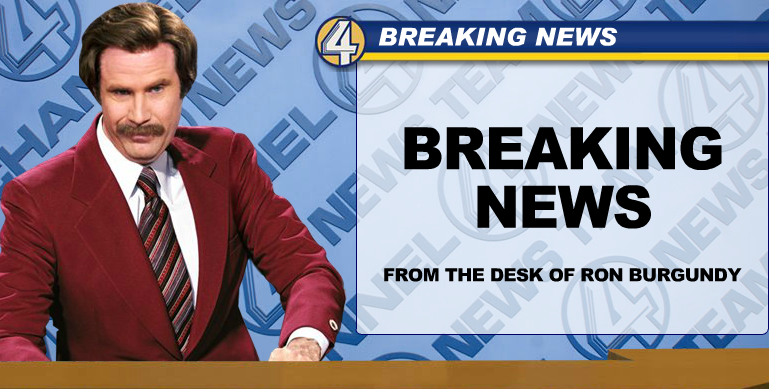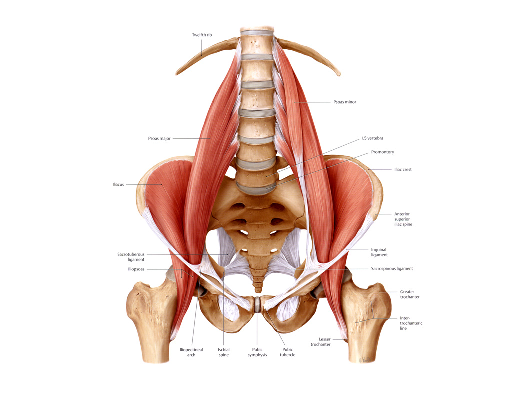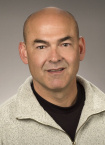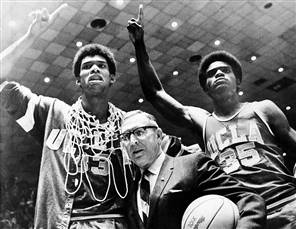by Art Horne
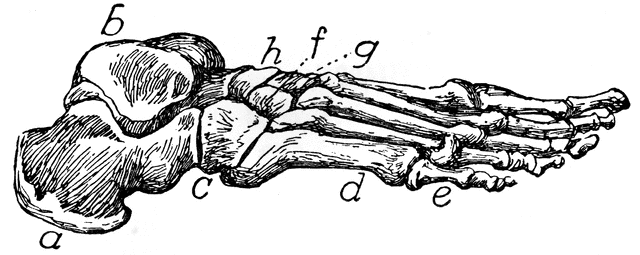
When treating the common ankle sprain, clinicians should be aware of a not so common treatment approach when faced with recurrent lateral foot and ankle pain.
“Medical professionals must be aware that any lateral foot and ankle pain may be the result of cuboid syndrome. Once properly diagnosed, cuboid syndrome responds exceptionally well to conservative treatment involving specific cuboid manipulation techniques. Other methods of conservative treatment including therapeutic modalities, therapeutic exercises, padding, and low dye taping techniques are used as adjuncts in the treatment of this syndrome. Immediately after the manipulation is performed, the patient may note a decrease or a complete cessation of their symptoms. Occasionally, if the patient has had symptoms for a longer duration, several manipulations may be warranted throughout the course of time. Due to the fact radiographic imaging is of little value, the diagnosis is largely based on the patient’s history and a collection of signs and symptoms associated with the condition. Additionally, an understanding of the etiology behind this syndrome is essential, aiding the clinician in the diagnosis and treatment of this syndrome. After the correct diagnosis is made and a proper treatment regimen is utilized, the prognosis is excellent.
Introduction
Cuboid syndrome has also been noted as a complication of a plantar flexion and inversion ankle injuries. Inversion ankle sprains are one of the most common athletic injuries, accounting for between 38% and 45% of all injures. Up to 40% of these patients may have residual symptoms, cuboid syndrome being a possible culprit.”
- Patterson 2006
Clinical Findings
“The symptoms of cuboid syndrome resemble those of a ligament sprain. Pain is often diffuse along the lateral foot between the CC joint and the fourth and/or fifth cuboid-metatarsal joints and may radiate throughout the foot. A slight sulcus over the dorsum of the cuboid and/or a slight prominence of fullness of the plantar surface may be present with subluxation along with erythema, edema, and/or ecchymosis.
Cuboid syndrome may be misdiagnosed as a lateral ankle sprain or overlooked when it develops in conjunction with a lateral ankle injury. “
-Durell, 2007
Signs and Symptoms
Presenting complaints are sharp pain localized at the lateral aspect of the foot at the level of the calcaneal cuboid joint. The pain can occasionally occur at the cuboid-fourth and fifth metatarsal articulations, and infrequently along the cuboid-lateral cuneiform/cuboid-navicular articulations. The patient relates that following the precipitating injury, the pain is either gradual or rapid often becoming a chronic “inability to work through” the injury. There is continued pain primarily during the propulsive phase of gait which impairs walking, and can become disabling. Eventually, the symptoms can be difficult to diagnose because of referred pain and generalized foot pain.
- Zirm 1995
Treatment
“The “cuboid whip” was originally introduced by Newell and Woodle in 1981. Marshall modified the procedure in 1988 and named it the “cuboid squeeze.” Both are similar maneuvers that require the surrounding musculature be relaxed, introducing the long extensor as well as the peroneal tendons.
The cuboid squeeze and the cuboid whip are performed with the patient in the prone position, with a slightly flexed knee. An alternative is standing in the “horse-shoeing” position with the patient braced against a wall or chair. The patient’s entire lower extremity must be fully relaxed. The examiner manipulates the foot and ankle into plantarflexion. The physician is facing the plantar aspect of the foot with thumbs on the medial plantar surface of the cuboid and fingers stabilizing the dorsal aspect of the foot, avoiding the dorsal aspect of the cuboid. When the physician feels the soft tissues relax, a small excursion, high velocity thrust is then directed dorsally at a 60 degree lateral angulation. The cuboid whip uses a more dramatic arc of motion than the more gradual, definitive cuboid squeeze. The squeeze maneuver allows the physician to feel the soft tissues relax, and relocate the cuboid in a controlled fashion. The cuboid squeeze appears to be more effective than the cuboid whip. Forces are better controlled and the intensity is better directed. The whip technique transmits forces to the anterior ankle joint and can result in damage to the soft tissue structures, such as the peroneal nerves where they cross the ankle.
An alternative technique can be used if the initial manipulation is unsuccessful. Performed with the patient supine, the physician stands at the base of the patient’s feet and grasps the fourth and fifth metatarsals, while allowing gravity and the weight of the leg to distract the cuboid articulations. After muscle relaxation is obtained, the metatarsals are pulled in a longitudinal direction with the forefoot in slight plantarflexion. This maneuver is also useful in relocating the subluxated cuboid metatarsal bases. This is accomplished with the fingers exerting a force in the plantar direction to the dorsal aspect of the metatarsal bases as the thumbs press dorsally at the plantar aspect of the involved metatarsal head(s).”
-Zirm, 1997
When evaluating your traditional lateral ankle sprain it's worth thinking about some sound advice my father used to tell me, “measure twice, cut once”. Evaluating for bony malposition in the talus, fibula and cuboid upon initial evaluation will save you and your patient a considerable amount of recovery time and potential frustration down the road.
Join attendees from across the United States, Canada and Europe who have already signed up for the 2013 BSMPG Summer Seminar and learn from the Leaders in Sports Medicine and Performance. Your patients and clients will thank you!

